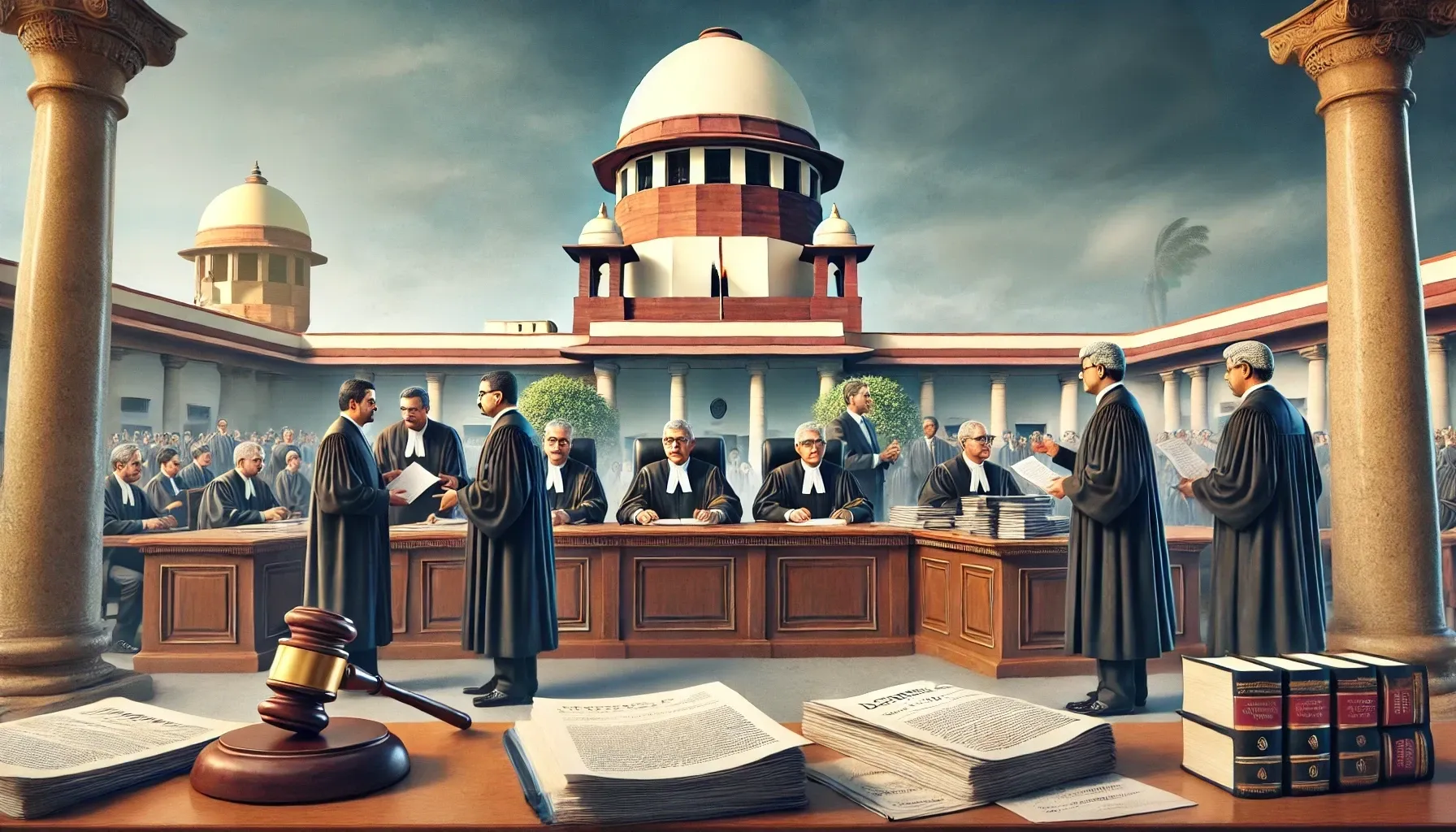The Supreme Court clarifies that under the doctrine of merger, the trial court's order merges with the High Court's decision, making the latter the final binding decree on the subject matter.

AI legal research and drafting tool
The Supreme Court of India has reaffirmed the doctrine of merger, stating that there cannot be more than one decree or operative order governing the same subject matter at any given time. The Court clarified that when a superior court disposes of a case, whether by setting aside, modifying, or confirming the lower court's decree, the superior court's order becomes the final and binding decree, thereby merging the lower court's decision into it.
Key Judicial Observation
- The Court referred to the landmark case of Kunhayammed v. State of Kerala, (2000) 6 SCC 359, which explained the doctrine of merger:
- "The logic underlying the doctrine of merger is that there cannot be more than one decree or operative orders governing the same subject-matter at a given point of time... Once the superior court has disposed of the lis before it, it is the decree or order of the superior court that becomes final and operative."
Case Background
- The case involved the trial court's decree directing specific performance of an agreement to sell, requiring the plaintiff to deposit the balance sale consideration within 20 days.
- The plaintiff appealed to the Punjab & Haryana High Court, which allowed the appeal but did not specify a time limit for the deposit.
- The Supreme Court was asked whether the trial court's direction regarding the time limit would still apply.
Supreme Court's Decision
- The bench comprising Justice JB Pardiwala and Justice R Mahadevan ruled that the trial court's order merged with the High Court's decision.
- Since the High Court did not set a deadline for the deposit, the Supreme Court held that the trial court's timeline does not revive.
- The Court stated:
- "The High Court, while allowing the second appeal, had not issued any specific direction regarding the deposit of the balance sale consideration within a particular period of time. The appellant's argument that the 20-day period from the trial court remains valid is incorrect."
- "Consequent upon the passing of the decree of the second appellate court, the decree of the trial court merges with that of the same."
Implications
- The judgment underscores that specific performance is an equitable relief, and the plaintiff is bound by the High Court's decree.
- The plaintiff may seek an extension for the deposit, as the trial court retains jurisdiction until the decree is fully executed.
Case Title: BALBIR SINGH & ANR ETC VERSUS BALDEV SINGH (D) THROUGH HIS LRS & ORS. ETC
Attachment:





